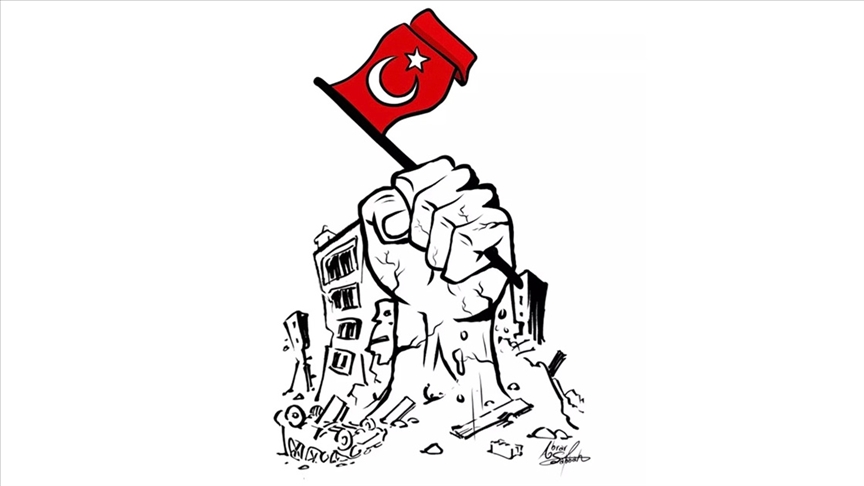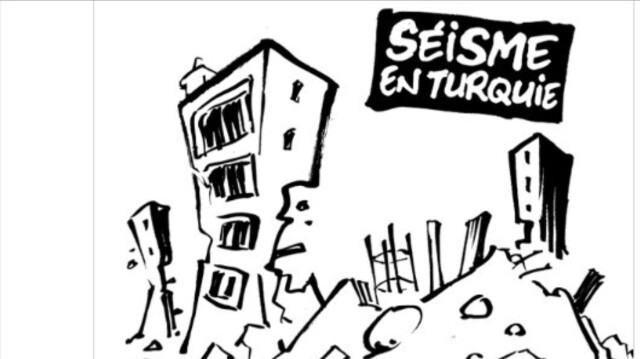Friday, April 2, 2010
The Pledges of Aqabah
Prophet Muhammad (pbuh) made great efforts in the first years of his prophethood to invite those people who came to Mecca for pilgrimage to Islam, as well as those who came to the emporiums for trade purposes. The most prolific contacts among these were the Prophet's contacts with the people of Yathrib (Medina). He came across a delegation of six people who came from Yathrib in the 11th year of the prophethood (620) in Aqabah, a desolate place in Mina. The Prophet spoke to them about Islam. These people accepted Islam. One of them, As'ad ibn Zurarah promised that he would turn back to Yathrib and convey the new religion to both his tribe and to the Avs tribe and that he would meet with the Prophet again in Aqabah one year later. These six people, who formed the core of the Ansar tribe, carried out great services for Islam and as a result many people became Muslim. In the following year (the 12th year of the prophethood, Dhu al-Hijjah/July 621), twelve people secretly met with Prophet Muhammad in Aqabah. The people of Yathrib affiliated themselves with him and promised "not to associate any other with Allah, not to steal or perform adultery, not to kill their children, not to slander each other, and to obey the orders of Prophet Muhammad." This pledge is called "The First Pledge of Aqabah." The Prophet sent Mus'ab ibn Umayr with them to teach them the Holy Quran and Islam, to invite non-Muslims to Islam, and to lead them in prayer. In one year, the activities of Mus'ab ibn Umayr, who was staying in As'ad ibn Zurarah's house, ensured the acceptance of Islam by the leading figures of Yathrib, including the leaders of the Avs tribe, Sa'd ibn Muaz and Usayd ibn Hudayr, and the city became a place of immigration. As a matter of fact, in the pilgrimage season of the 13th year of the prophethood (622), seventy-five Yathrib Muslims (two of them women) came to Mecca with the pilgrimage caravan; the people in the caravan were not all Muslims. Again, they secretly met the Prophet in Aqabah. The people of Yathrib invited the Prophet to their city, and he read some verses from the Holy Quran, and reminded them that they must devote themselves to Islam. Then he listed the terms of the second pledge of Aqabah: the Prophet told them to pledge that if he were to come to their city they would protect him and all the Meccan Muslims as if they were protecting their own children, wives or property, that they would remain obedient to the Prophet during the good times and the bad times, that they would provide financial help during times of affluence and times of hardship, that they would order what is good and prevent what is bad, and that they would fear no one and remain righteous. All of the Yathrib people accepted these terms and gave their pledges. The Prophet chose twelve representatives (naqib) among them. The Prophet assigned As'ad ibn Zurara as the head of other eleven representatives. The second Aqabah Pledge is sometimes referred to as the bay‘atul-harb (battle pledge), as it contains points concerned with warfare. Yathrib (Medina) is located at a strategic point that could have led to encounters with the Quraishis; caravans going to Syria, Palestine and Iraq from the north had to pass through this area.
Subscribe to:
Post Comments (Atom)









Salam,
ReplyDeleteMashallah very nicely told !!!
It helped me understand the second pledge of
Aqabah.
Your sister
Too Long should be short
ReplyDeleteBut
Thanks
thankyou so much !! it helped a lot !!
ReplyDeleteJAZAK ALLAH
Thank you
ReplyDeleteWow!
ReplyDeleteIt's a great information!
It helped me a lot!!
Thankyou!
Wow!
ReplyDeleteIt's a great information!
It helped me a lot!
Thankyou!
thankyou so much bruh. lol. i just brozoned u.
ReplyDeleteThnx alot
ReplyDeleteReally good with good vovabulary detailed and concise information. Found it helpful👍
ReplyDeleteThis was sooooo helpfull i have an exam tomorrow and this is helping alot thankyou
ReplyDeleteMashallah!
ReplyDeletedera manana
ReplyDeleteGood
ReplyDeleteExcellent, concise and detailed, to the point. I will encourage you to write more
ReplyDelete